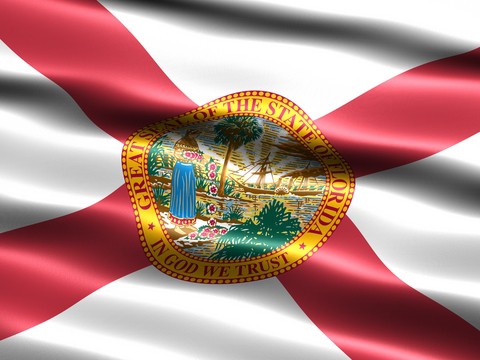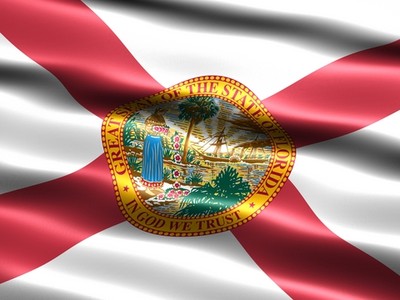

Some account holders that had withdrawals processed in May 2011 have been told by QuickTender that their funds were likely seized by the US Government. Forfeiture details recently released fit the profile and could provide hope for those that have been turned away by QuickTender.
An account “seized between on or about May 9, 2011 and May 17, 2011, from Deutsche Bank Trust Company Americas Account No. 04013685” contained $1,820,008.93, according to the official forfeiture notice (PDF) by the United States Attorney’s Office.
Though it is unverified that the account number in the notice was used in by the payment processors working with QuickTender, it has been reported by several sources that Deutsche Bank was an intermediary bank used by QuickTender to transport funds into the US.
The dates of the seizures align with reports of missing withdrawals. On May 17th the Merge network stopped offering QuickTender as an option for deposits and withdrawals after reports surfaced that payments were not received by players.
Soon after, QuickTender announced that they believed withdrawals that were in transit to account holders had been seized:
It was only in response to increasing complaints from our customers that we recognized there was a problem, and asked our bank to investigate.[…] We suspect it is possible that these funds may be subject to a seizure order by the US authorities. We would stress that we do not have bank accounts in the US of our own, and that the funds have left our account Europe.
In less than a week, QuickTender ceased operations. Though the troubled e-wallet announced it would be returning funds to those customers with “cleared” account balances, those that had money seized in transit were notified via email that they would not be reimbursed.
QuickTender made good on their promise to return the funds still in their possession. However, as customers first reported money hitting their bank accounts weeks after they started accepting withdrawal requests, QuickTender maintained their claim that a considerable amount of money had been seized en route to their customers.
Players with funds “in transit” were not as happy. They were informed by QuickTender that there was a problem with the delivery of their funds and the money was being returned to their QuickTender accounts as “uncleared.” Once QuickTender decided to cease operations they reversed the transactions involving the “uncleared” funds and directed the account owners to file a claim with the US Government.
Disgruntled customers attempted to join forces and seek legal representation, but the cost combined with the low probability of success left many content with learning a life lesson. Even though there were rumblings that surfaced in June about a seizure in Florida nobody had success following that lead until a poster on the 2+2 poker forum by the name of “BigOlTatties” dug up the notice of forfeiture that matched the dates, intermediary bank, and was sizeable enough to be an account utilized by a payment processor for QuickTender.
Those interested in filing a claim still have time. According to the notice of forfeiture:
Any person claiming a legal interest in the Defendant Property must file a verified Claim with the court within 60 days from the first day of publication (July 16, 2011) of this Notice on this official government internet web site and an Answer to the complaint or motion under Rule 12 of the Federal Rules of Civil Procedure within 21 days thereafter.
The Poker Players Alliance (PPA) has published a guide to assist players that have had funds seized. The guide address the seizure of funds from e-wallets and provides the following information:
[S]ome e-wallets are reporting to their customers that money sent directly to them was seized by the U.S.government in transit. A seizure of a wire in transit directed to a specific player is a vastly different situation, there is little doubt as to who is the “owner” of the funds being transferred in that situation.
The PPA also cautions that players should seek professional legal advice before filling a claim.

